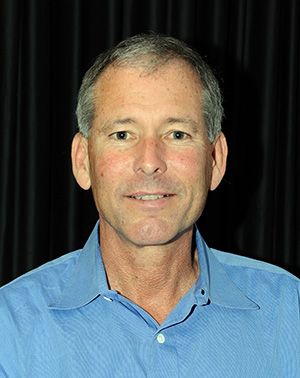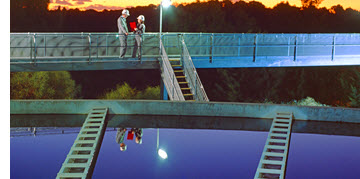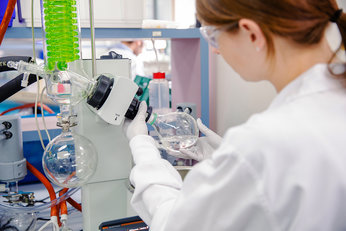Councils could find themselves at the frontline of a new COVID-19 surveillance system based on wastewater analysis.

A research team from the University of Queensland and CSIRO has completed a proof of concept study demonstrating that untreated sewage can provide an early warning system for COVID-19.
Councils and water utilities have previously collaborated on sewage surveillance projects to identify illicit drugs and viruses, including polio and gastro-causing bugs.
Now scientists have been able to identify SARS-CoV2, the virus which causes COVID-19, in recently flushed sewage from two treatment plants in South East Queensland representing people living in the Brisbane region.
“This is a major development that enables surveillance of the spread of the virus through Australian communities,” Director of UQ’s Queensland Alliance for Environmental Health Sciences, Professor Kevin Thomas said of the discovery.
“Through testing a community stool sample we can effectively test the entire population.”
Discussions are underway to build a national surveillance system on existing wastewater drug monitoring networks run by the University of Queensland for the Australian Crime Intelligence Network, which identifies hotspots for illegal drug use.
Health minister Greg Hunt has welcomed the research saying it has the potential to strengthen the national response to the pandemic.
“A national program based on this work could add to the broader suite of measures our government can use in the identification and containment of COVID-19,” he said.

Guiding decisions about easing restrictions
CSIRO Chief Executive Dr Larry Marshall, says the testing will be able to show not only the geographic regions where
COVID-19 is present, but also how many people may be infected.
“This will give the public a better sense of how well we are containing this pandemic,” Dr Marshall said.
CSIRO Land and Water Science Director and Queensland Chief Scientist Dr Paul Bertsch says the system could measure Australia’s progress as it recovers from the pandemic and help guide decisions about tightening or loosening restrictions.
“At the moment there’s a question of when do you open up economically and protect mental health by releasing people from lockdown.
“Any early warning detection system could be quite useful in that direction,” he told told Government News.
Brokering a national detection program
Water Research Australia is also working with Water Services Association of Australia to integrate sewage analysis into a national COVID detection program.

The national “ColoSSoS Project” – Collaboration on Sewage Surveillance of SARS-COV-2— aims to track and monitor the presence of the virus in the Australian sewerage network.
Project Manager Dan Deere says agreements are being negotiated with water authorities, health departments and testing laboratories including CSIRO.
As most councils have some responsibility for sewage management they’ll play a critical role in a COVID-19 sewage surveillance project, he says, as sources of both population health data and wastewater samples.
“Most of the patient case data that health departments have is reported by local government area, so they’ll be asking questions like ‘has the local government area got any cases’ and if not, they’ll be asking ‘can we test the sewage from that area for any hidden cases’,” Dr Deere told Government News.
“Councils will also be the ones giving advice to health authorities about where the sewage comes from. For example if a sample is taken from a particular point in the sewer, they’ll be the ones that know which properties connect to that point.”





Wow! That would be a great discovery! All the best!